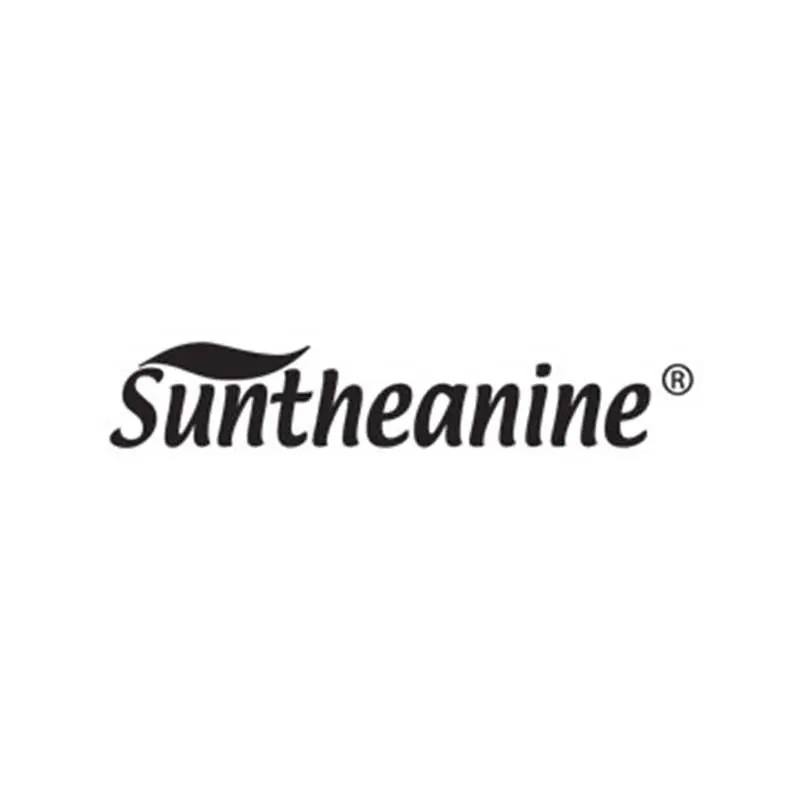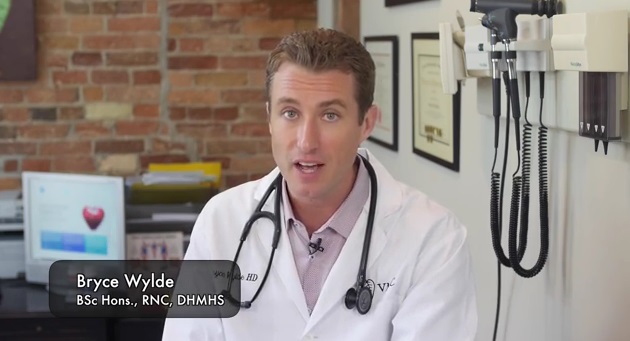If you haven’t been able to pay attention today, it may be because you are one of the approximately three to five percent of us who has Attention Deficit Hyperactivity Disorder (ADHD). ADHD is characterized by hyperactivity among children, who may have behavioral issues and poor grades in school. “But attention deficits are not isolated to young people,” confirms Dr. Bryce Wylde, Alternative Health Expert and Medical Advisor on The Dr. Oz Show, who explains how Suntheanine may help with some ADHD symptoms.
In this video, Wylde explains that many of us have at least a few characteristics common to an ADHD diagnosis. Forgetfulness, as well as difficulties with meeting responsibilities and remaining organized might be clues that you have it.
“Sleep is crucial to optimal mental function,” Wylde says. “Unfortunately children with ADHD often experience difficulty sleeping along with sleep interruption.” He adds that this happens frequently.
Wylde advises that, “A natural approach to these and other common problems related to ADHD may come from a supplement called Suntheanine.” This is a pure form of the amino acid, L-Theanine. Wylde says that Suntheanine has been shown to improve overall sleep quality in children diagnosed with ADHD. He adds that, “Suntheanine can help reduce ADHD hyperactivity by promoting a sense of calmness and focused relaxation.” It does this by enhancing the release of dopamine and increasing brain alpha waves.” Those are the waves associated with focused relaxation.
A randomized, 10-week, double-blind, placebo-controlled trial, published in Alternative Medicine Review, found that giving good-tasting, chewable Suntheanine supplements improve sleep quality without significant side effects. Researchers noted that these benefits were consistent among children regardless of whether they were also taking stimulant medication.
Researchers have cautioned that some lower cost products may not contain enough of the proper form of L-theanine to be effective, which is one reason why Suntheanine was chosen for this study.



0 Comments